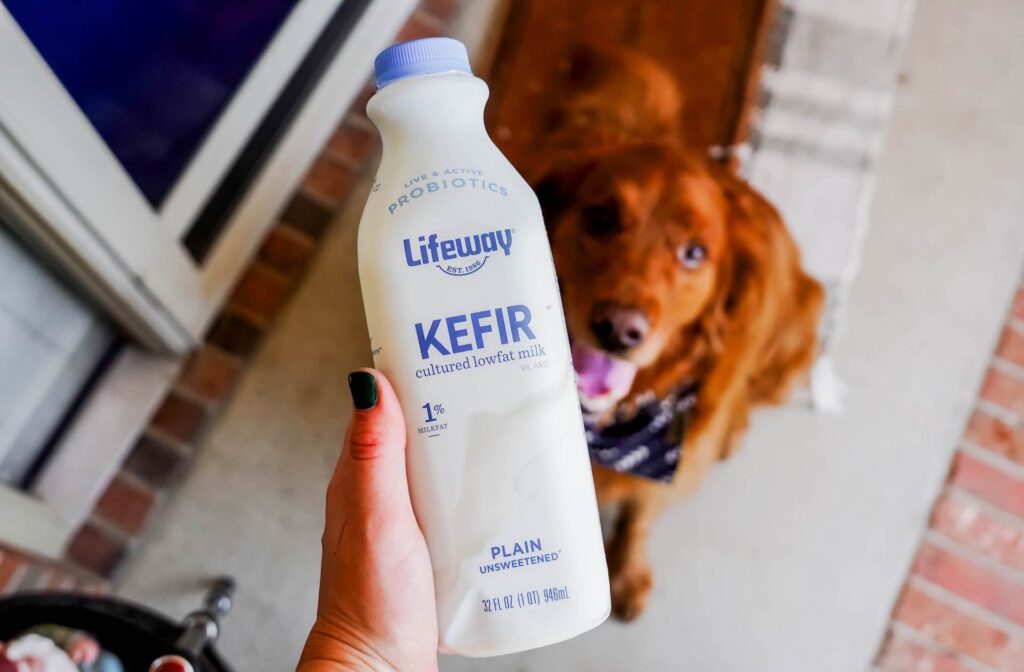A new Wall Street Journal story is exploring the validity of pet probiotic claims, with companies promoting their products as a way to ease Fido’s chronic digestive troubles and even prevent stress-induced diarrhea in animals during travel. Apparently nobody likes flying during the holidays.

Pet probiotics typically take the form of powders that can be sprinkled on food, or capsules and chews. Like probiotics for humans, they consist of good-for-your-gut bacteria. But because research on animal-targeted probiotics is still in its infancy, choosing the right strain can be tricky. Also, just as with human-grade probiotics, many products are mislabeled, so it’s tough to know what you’re getting. In a 2011 Canadian Veterinary Journal study, when researchers looked into 25 popular pet probiotic supplements, 32 percent of them had spelling errors printed on their labels!
But some helpful guidelines can be gleaned from that study, which found that two products out of the 25 studied contained the bacteria they promised and were properly labeled:
- FortiFlora powder by Nestlé Purina PetCare Co. (for cats and dogs)
- Iams Veterinary Formula Prostora Max chews (for dogs)
Thought the WSJ story didn’t cover kefir, we’ve definitely heard stories from customers who feed it to their four-legged friends. Many of the people in our community on Instagram constantly show us just how much their pets love kefir. We always suggest speaking to your veterinarian before letting them consume products with probiotics, however, we fully support quality research and further investigation on gut health on multiple levels when it comes to your and your pet’s needs, including the multifaceted benefits of kefir for gut health.
*Always check with your vet before starting your pet on a probiotic or any medicine.
miranda lambert weight lossThe Difference Between Bedspreads and Comforters